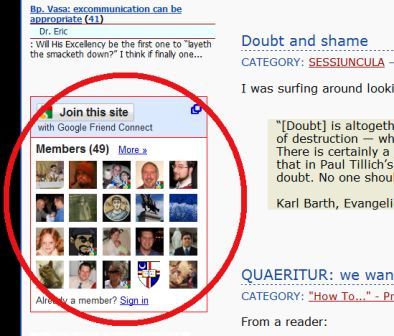Under another entry (“I am 59 years old and like the current liturgy.”) there has been some consideration of the age of Catholics who prefer the newer form of the Roman Rite, the Novus Ordo. 
Some suggest that people of a certain age may be more interested in the Novus Ordo, while younger people are more open also to the older form of Mass, the TLM.
So, would some of you younger folks take some time to write your thoughts about the new Mass/old Mass question?
HERE IS MY DESCRIPTION OF HOW TO DO THIS: click
- Do your best to leave aside bashing of either form. Since both are legitimate forms of Holy Mass, let’s accept that for this exercise and move on.
- State your age, and if you are a cradle Catholic, revert, or convert and whether or not liturgy had anything to do with your once leaving the practice of your faith, your return to the Church or conversion.
- Try to be brief. Stick to a couple hundred words if you can. Do a little editing. [Some have gotten a little enthusiastic in their word count! o{]:¬) ]
We need to be able to explain ourselves to others when we discuss these matters, and provide the whys and wherefores for our liturgical choices.
I also invite seasoned Catholics to do the same.
Let’s see some responses…. posted in the combox.
UPDATE:
Allow me to add this somewhat related WDTPRS POLL:


































Response:
Response:
Response:
Response:
Response:
Response:
Response:
Response:
Response:
Response: